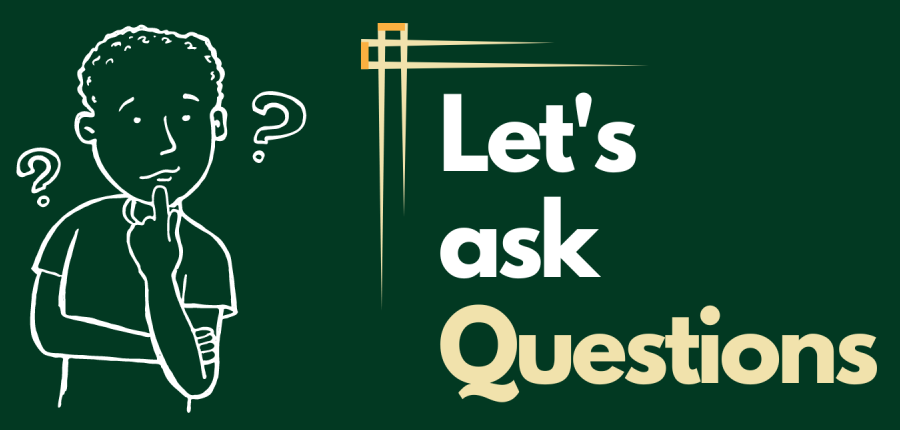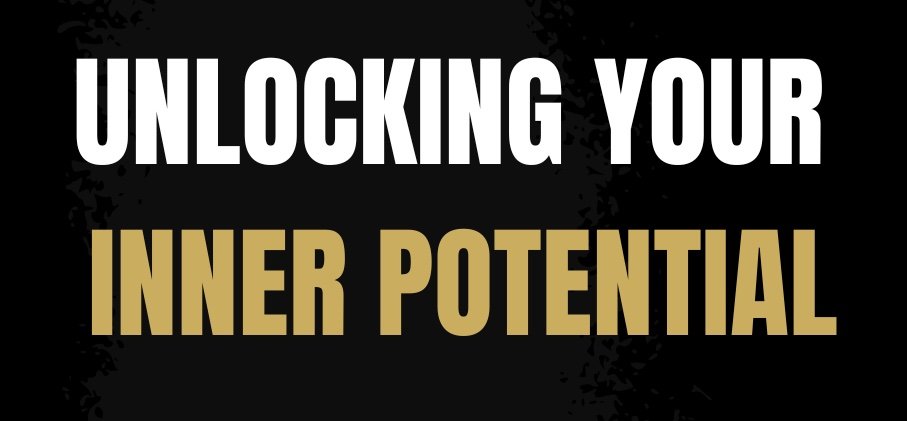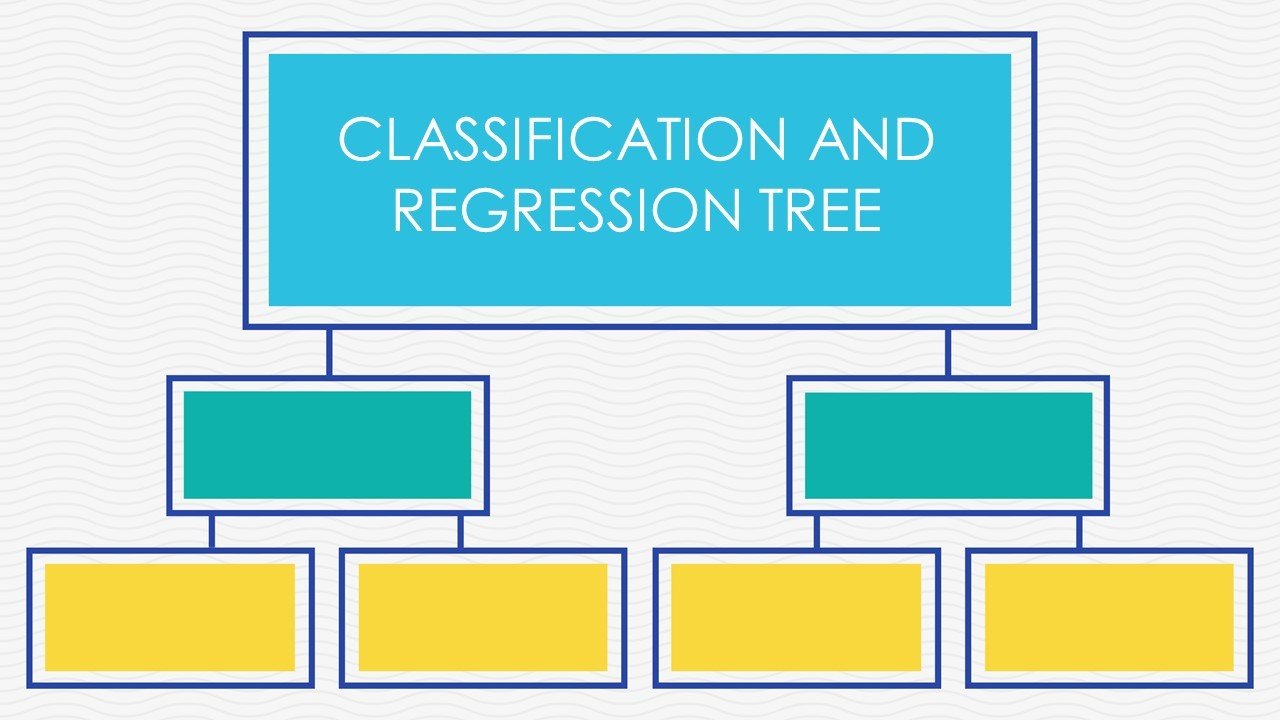The STOKERS model, adapted from Claire Pedrick of 3DCoaching.com, emphasises starting a coaching session with the end in mind. The term "stoker" originates from tandem cycling, where the stoker (the person at the back) provides power to the ride, while the captain (the person at the front) sets the direction. Similarly, in coaching, the coach provides structure and energy for the conversation, while the client determines its direction and focus.
The STOKERS model provides a simple framework for shaping coaching conversations:
Subject: What do we need to think about today?
Time: Given we have X minutes, what about that should we focus on?
Outcome: What would you like to be different by the end of our session?
Know: How will you know you’ve achieved what you needed from this time?
Essence: What makes this meaningful or important? What is at the heart of this issue?
Role: How should we approach this together?
Start: Where shall we begin?
This model helps create clarity and momentum, ensuring both coach and client stay aligned and purposeful throughout the session.





















